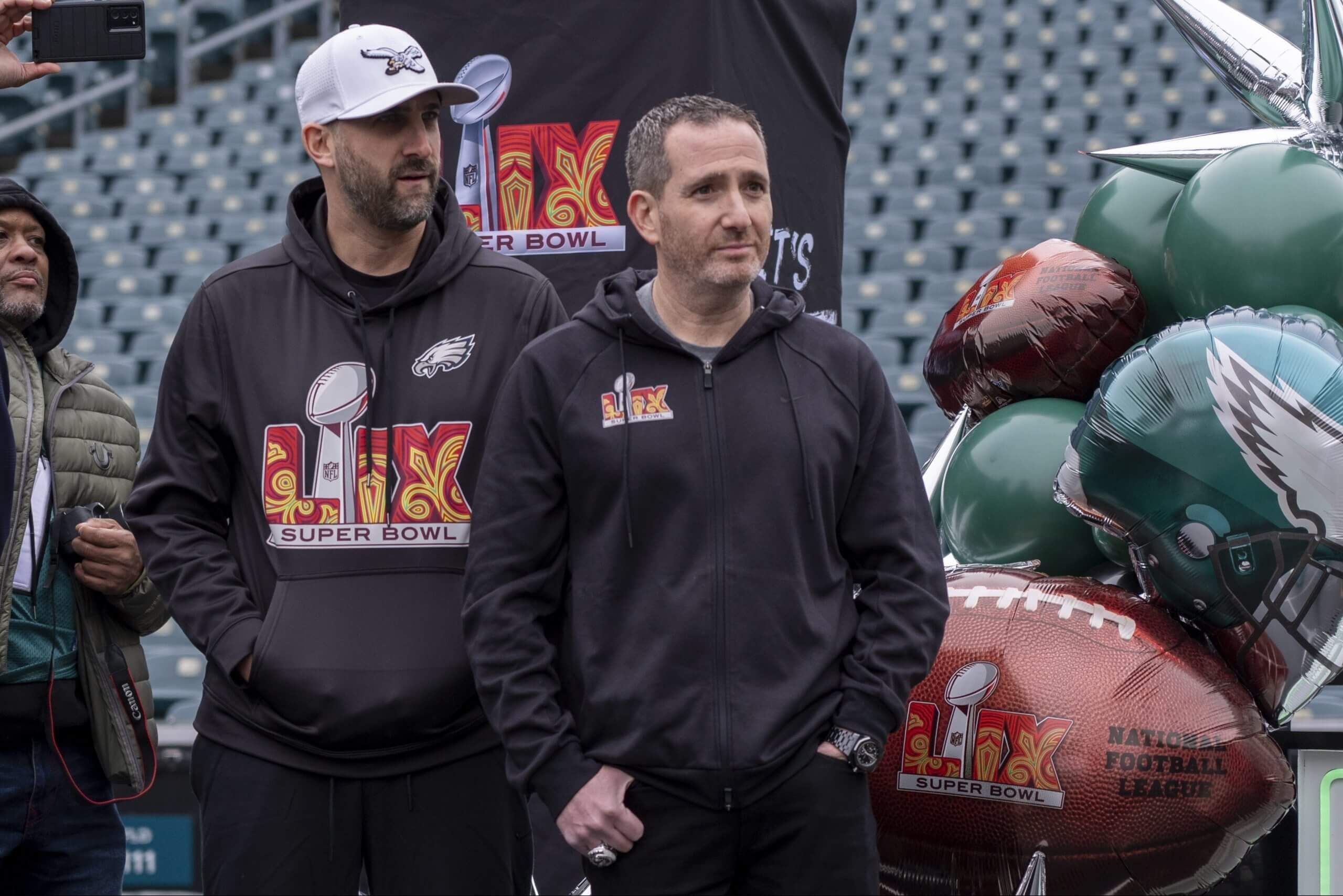
PALM BEACH, Fla. — Philadelphia Eagles owner Jeffrey Lurie said “there are no words” to describe the phenomena of parading and partying with a city in celebration of a second Super Bowl victory. He spent a half-hour finding other words to answer myriad questions during his annual news conference following the conclusion of the league meeting. Here are five main takeaways.
Advertisement
Lurie trusted Roseman to handle a surprise financial domino
Lurie said linebacker Zack Baun is “our number one priority in the offseason.” A year ago, such a statement would’ve been absurd. The Eagles initially signed the former Saints edge rusher to a one-year, $3.5 million deal, intending to move him to inside linebacker with the expectation that he’d be their best special teams player, at the very least. Baun’s sudden and meteoric rise included Pro Bowl and All-Pro selections plus the fifth-most votes received for the NFL’s Defensive Player of the Year award.
The unexpected (and fortuitous) nature of Baun’s success mirrored the effects of striking the lottery. For Baun, literally — his three-year, $51 million contract made him Philadelphia’s highest-paid linebacker in history. It also included $34 million in guaranteed money. The Eagles needed to adapt to the proverbial tax hits of their lottery ticket.
The timeline of Baun’s rising stock complicated one of the organization’s team-building strategies. Lurie authorized general manager Howie Roseman to aggressively sign core players to contract extensions on a schedule that sets the market instead of chasing it. The only way for the Eagles to avoid signing Baun against the threat of an open market was to negotiate his extension during the season — before Baun’s stock reached its peak.
Roseman has conducted in-season negotiations before. Lane Johnson and former guard Brandon Brooks both signed long-term contract extensions during the 2019 season. Jordan Mailata, Josh Sweat, Dallas Goedert and Avonte Maddox each signed long-term extensions during the 2021 season. Why not Baun? Roseman said Monday he didn’t want other players on expiring deals “to think we’re picking favorites,” which could have negatively impacted the morale of a team in the middle of a promising run.
Advertisement
“Those things, though, at the end probably cost you money,” Roseman said.
Would having reached an in-season extension with Baun saved them enough money to keep safety C.J. Gardner-Johnson on the payroll instead of trading him? Or to retain starting right guard Mekhi Becton, who signed a two-year, $20 million deal with the Los Angeles Chargers? The Eagles won’t know. The cost-benefit analysis led Roseman to be conservative in perhaps the only way he feels comfortable: don’t mess with a team that’s in the middle of winning.
Lurie said he trusted Roseman with the timing of the negotiations with Baun.
“He felt it was better to wait until after the season,” Lurie said. “It didn’t mean that we weren’t, and, he especially, wasn’t talking to Zack throughout. But when you have somebody that you rely on as top-notch in his game — Howie and his staff — I rely on those people. I don’t make those decisions.”
Efforts to ban Brotherly Shove
The NFL’s owners decided on Tuesday to table the Green Bay Packers’ proposal to ban the Brotherly Shove. Lurie acknowledged that the proposal will “probably” be discussed during May’s spring meetings. Delaying the decision affords both factions time to lobby, and the proposal could be tweaked to make a more convincing case.
The proposal lists player health and safety as one of its main concerns. But Atlanta Falcons CEO Rich McKay, the chair of the league’s competition committee, said, “there’s not enough data, enough proof” to suggest that the Brotherly Shove jeopardizes player safety. Still, McKay said the 30- to 40-minute discussion included concerns about what might happen instead of what has happened. Lurie said he’d “absolutely” want the league to prove the Brotherly Shove is more dangerous than a traditional quarterback sneak and added that “it’s hard to make rules on could-bes and should-bes.
Advertisement
“I think for everybody, including myself especially, health and safety is the most important thing when evaluating any play,” Lurie said. “We’ve been very open to whatever data exists on the tush push, and there’s just been no data that shows that it isn’t a very, very safe play. If it weren’t, we wouldn’t be pushing the tush push.”
Those voting on the issue also had to deduce whether the injury concerns expressed by coaches such as the Buffalo Bills’ Sean McDermott carried merit or were a guise to eliminate a play they simply didn’t like. McKay said beyond player safety, some in the sessions debated the aesthetics of the Brotherly Shove, how traditional the play is and “the idea that we prohibit pushing on the defense but we don’t do it on the offense.” Packers coach Matt LeFleur said, “I don’t think it’s a great football play, it’s more of a rugby play” — a point of view Lurie countered.
“You know what? I remember reading about the forward pass and they said it really is an odd play that is no part of American football,” Lurie said. “So, it was controversial when the forward pass came out. I think aestheticism is very subjective. I’ve never judged whether a play looks OK. Does a screen pass look better than an in route or an out route? I don’t know. To me, it’s not a very relevant critique that it doesn’t look right or something like that. I don’t know. What looks right? Scoring. We like to win and score.”

It’s not official yet, but it’s probably safe to say Nick Sirianni, left, and Howie Roseman will be around awhile longer. (Chris Szagola / Associated Press)
GM, head coach contracts will (or already have been) extended
Lurie stuck to his personal policy of not speaking on the contract extensions involving his general manager and head coach. But the reward for winning a Super Bowl doesn’t require much guessing.
Lurie offered some not-so-subtle hints. Nick Sirianni is entering the final year of his initial five-year deal. Lurie said, “You guys, I’m sure, will find out soon enough that Nick will be our coach going forward.” As for Roseman, who signed a contract extension through the 2025 season in 2022, Lurie only said that the long-time executive will be with the organization for “a long time.”
For context, back in August 2018, after the Eagles won Super Bowl LII, Lurie authorized the extended contracts of Roseman and former coach Doug Pederson through the 2022 season. Pederson was fired after a tumultuous 2020 season, the Eagles’ second four-win season since 2000. The length of Sirianni’s extension will be notable. He and Roseman have formed a working relationship that’s yielded two Super Bowl appearances in the last three seasons. Sirianni’s winning record and willingness to adapt helped him survive the cataclysmic collapse of 2023, and the team’s subsequent and immediate rise to Super Bowl champions supplies evidence that Sirianni can sustain success.
Lurie mum on what he’ll do with sum from sale
Lurie did not disclose his intentions for the hundreds of millions in available cash he received after selling an eight percent interest in the Eagles to two family investment groups in December. Owners voted in August to expand the league’s rules to allow private equity firms to buy a limited amount of stakes in teams, a change that meant more owners could pursue additional money for stadium upgrades and other facility projects.
Advertisement
Tuesday was the first time Lurie publicly spoke with reporters since the sale. His intentions?
“Buy more Corn Flakes and Wheaties and I don’t know,” Lurie quipped.
“You know, there’s an opportunity with sports teams and their valuations to not keep all your money into one thing,” Lurie continued. “And there’s a little bit more of a chance for liquidity. A big part of what I wanted to do was to try to get partners that were consistent with our culture, our goals that shared my aggressiveness on winning in every way possible and appreciated the culture we have organizationally, with the fan base.”
Eagles’ White House trip will be optional for players
The Eagles are scheduled to visit the White House on April 28 to celebrate their Super Bowl LIX victory. In 2018, President Donald Trump canceled the Eagles’ first visit after learning only a small contingent of players were attending. Trump, the NFL and its players were then embroiled in a debate over the league’s enacting of a national anthem policy in response to players choosing to kneel in protest on the sideline to draw attention to social injustices and racial inequality.
Lurie said Tuesday “there was no reticence whatsoever” in accepting the White House’s invitation this year.
“To be celebrated at the White House is a good thing,” Lurie said. “There were special circumstances back then that were very different, and so this was kind of an obvious choice and look forward to it. When you grow up and you hear about, ‘Oh, the championship team got to go to the White House,’ that’s what this is. And so we didn’t have that opportunity and now we do. I think we’re all looking forward to it.”
A player’s decision to attend remains optional.
“Our culture is that these are optional things,” Lurie said. “If you want to enjoy this, come along and we’ll have a great time and if you don’t, it is totally an optional thing.”
(Top photo of Jeffrey Lurie: Kirby Lee / Imagn Images)
This news was originally published on this post .




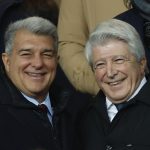


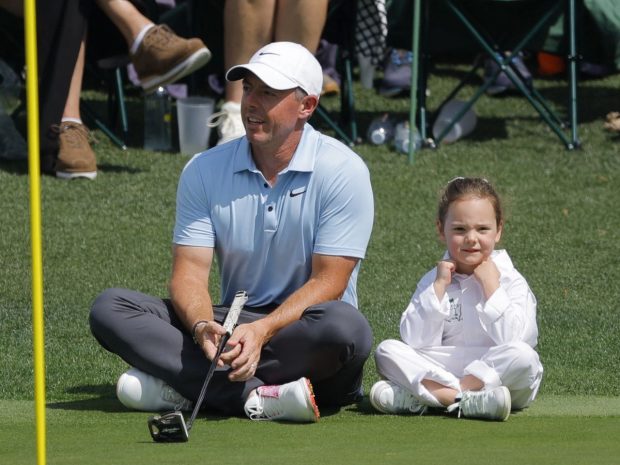
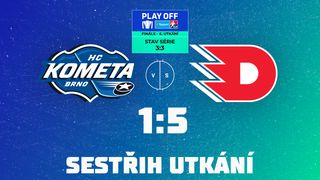
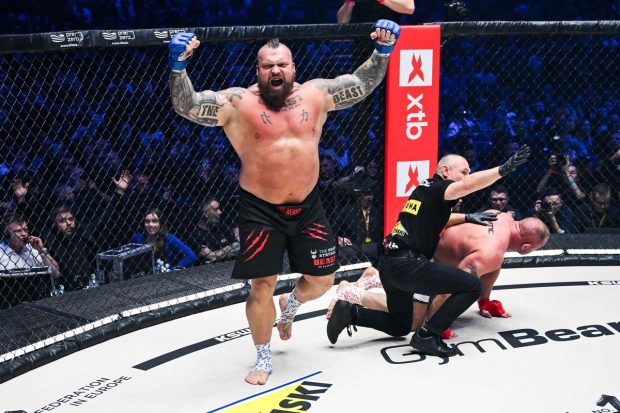
Be the first to leave a comment